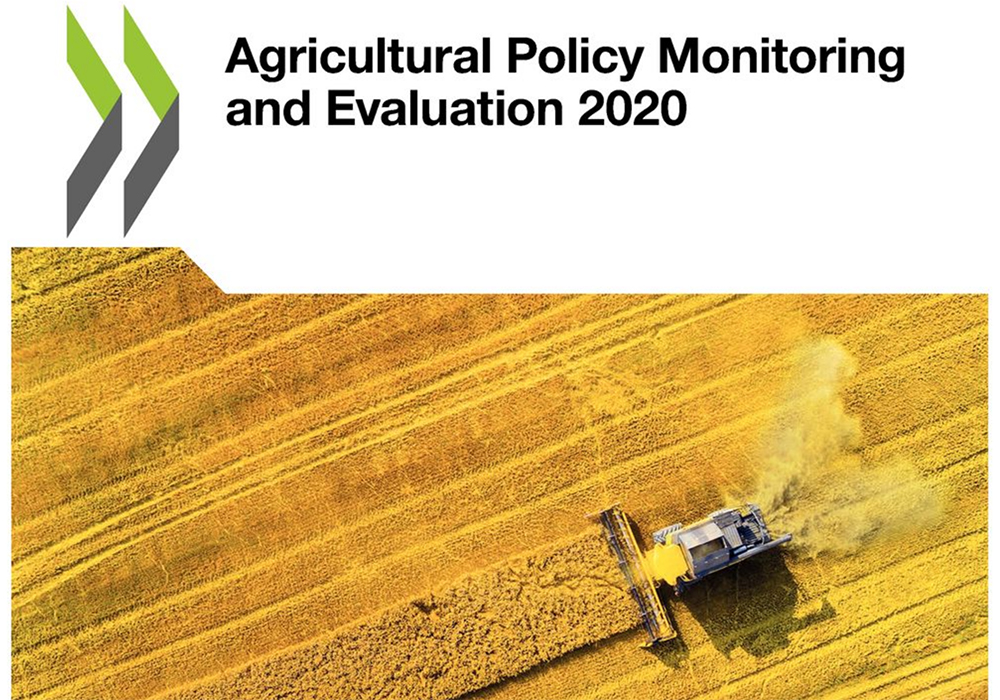Canada does not subsidize its farmers to the same extent as other nations, according to a new report by the Organization for Economic Co-operation and Development.
“Support to producers continues to be well below the OECD average in recent years,” stated the report.
Canadian producer support as a share of gross farm receipts was eight percent in 2017-2019 compared to the average of 11.67 percent for the 54 countries studied by the OECD.
Read Also

Pakistan reopens its doors to Canadian canola
Pakistan reopens its doors to Canadian canola after a three-year hiatus.
Canadian support was halved from 35 percent in 1986-88 to 17 percent in 2000-02 and then halved again between then and now.
“We need to see better support for farmers in Canada,” said Mary Robinson, president of the Canadian Federation of Agriculture.
In particular, the CFA is seeking improvements to the AgriStability program, which is cost-shared between the federal and provincial governments.
Canada has shifted away from spending on safety nets toward spending on innovation and infrastructure over the past couple of decades, she said.
The current Liberal government has committed to making substantive changes to business risk management programs but that process has been temporarily sidelined due to COVID-19, said Robinson.
While Canada is below average in terms of total support, it ranks ahead of the OECD average on the share of “potentially most distorting support” due to its supply management system.
Prices received by Canada’s dairy farmers were five percent higher in 2017-19 than those observed in world markets.
The OECD recommends that Canada’s first step toward phasing out supply management should be increasing the size of available quota and decreasing price support for the dairy, poultry and egg sectors.
The CFA does not think supply management should be listed as a form of producer support because there is no price subsidy for the country’s dairy, poultry and egg farmers.
“They establish farmgate prices through negotiations with industry,” said Robinson.
She scoffed at the notion of increasing the amount of quota.
“Increasing production quotas would simply cause oversupply. You’ve seen what has happened in the U.S. and it is heartbreaking,” she said.
The 54 countries studied were either OECD countries, European Union countries or emerging economies such as India and China.
The organization estimated that those countries provide an average of US$536 billion per year of direct support to farmers.
“Half of this support came from policies that kept domestic prices above international levels,” stated the report.
“Such policies harm consumers, especially poor ones, increase the income gap between small and large farms and reduce the competitiveness of the food industry overall.”
The CFA is in lockstep with the OECD on that front.
“We are all for supporting a reduction of trade-distorting support,” said Robinson.
She noted that the U.S. has been particularly guilty of that offense lately with billions of dollars in direct payments going to farmers to support them through a trade war with China and COVID-19.
“It’s very damaging,” said Robinson.
“It’s kind of like competing with the East Germans in the Olympics back in the ’60s.”
The OECD wants governments to phase out distortive policies, including price supports, and redirect the funds into improving productivity and sustainability.
“Most current support to agriculture is unhelpful or even harmful,” Ken Ash, OECD director for trade and agriculture, said in a press release.
“As countries struggle with strained budgets from COVID-19, this is a moment to reduce distorting agricultural support and refocus efforts and limited resources on achieving better results for agriculture and society overall.”
















